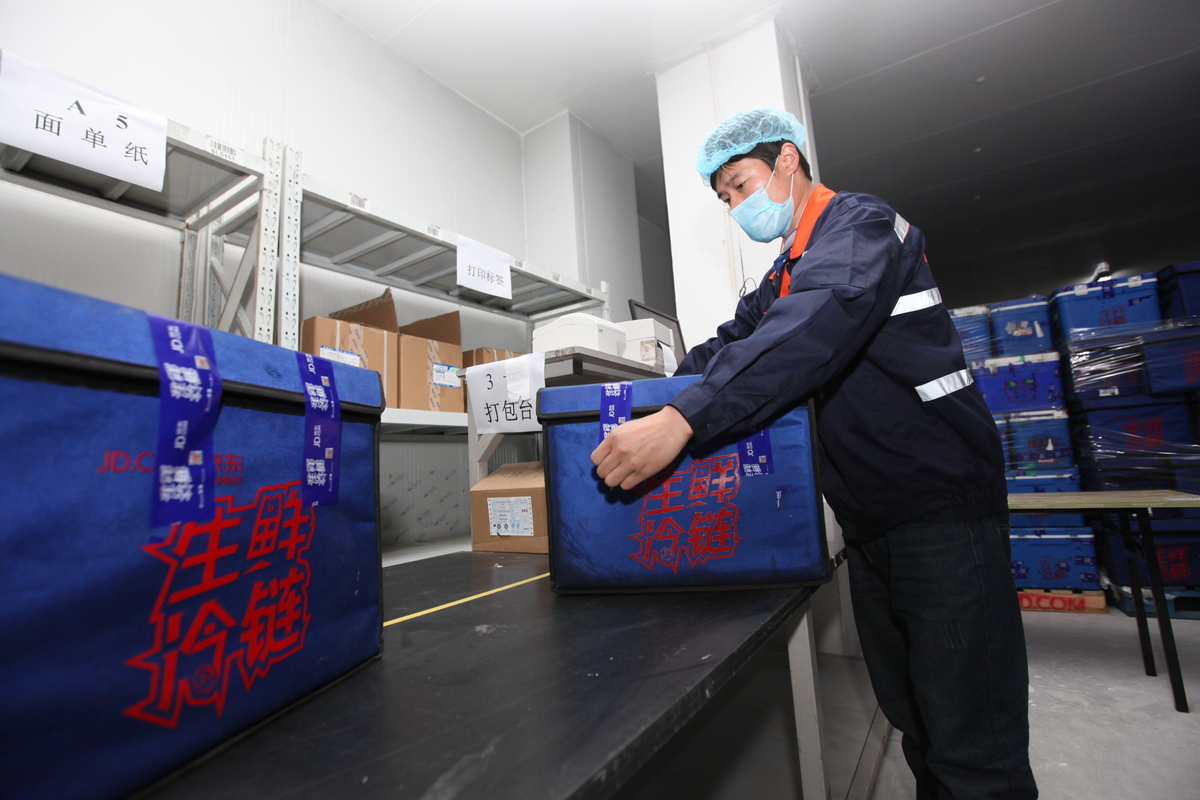Food biggest complaint for online buyers
By CAO YIN | China Daily | Updated: 2020-11-20 09:00

Courts hear more cases as consumers are increasingly aware of their rights
Chinese courts have seen a large number of online shopping disputes caused by food products over the past few years, with many of the complaints involving safety, China's top court said on Thursday.
From Jan 1, 2017, to June 30 this year, courts nationwide heard 49,000 cases involving online shopping contracts, according to a report by the Justice Big Data Institute, which is led by the information service center of the Supreme People's Court.
The report stated that more than 45 percent of the disputes involved food, followed by electronic and healthcare products.
Food safety was a major complaint among consumers, according to the report. In March last year, for example, a consumer surnamed Feng in Guangdong province bought a bottle of caviar protein powder via an online shopping platform for 588 yuan ($89), but later Feng found some worms in the food and took the platform to court.
In a ruling released by Guangzhou Internet Court in Guangdong earlier this year, the platform, which the ruling did not identify, was ordered to pay 5,880 yuan to Feng, 10 times the original price, "because it could not provide strong evidence to prove the food had been given a security test before sale, meaning it did not fully implement its inspection duty," the court said.
Under food safety regulations, food providers should review business licenses and qualifications of food producers, it said, adding the platform was also ordered to return 588 yuan to the consumer.
In the report, the institute stated that the amount of money and compensation consumers wanted in most cases was not big, but it added that consumer awareness to solve disputes through litigation has increased.
More than 70 percent of plaintiffs were born in the 1980s and 1990s, the report said, identifying them as a major force in the protection of legitimate rights involving online shopping disputes.
Besides food safety, fake advertising, fraud, counterfeits and products lacking qualification symbols were also often the subjects of complaints, it added.
After seeing an increase in hosts selling products via livestreaming platforms, Hao Peng, a judge from the Beijing Haidian District People's Court, called for consumers to be sensible when buying goods and said they should collect evidence about their purchases in a timely manner.
"Consumers can save screenshots or record what a livestreaming host says if they want to buy products online," she suggested. "Checking the quality of goods is also necessary, and the process of unpacking expensive products had better be witnessed by another person, such as the delivery person, and have a video record as evidence."
























